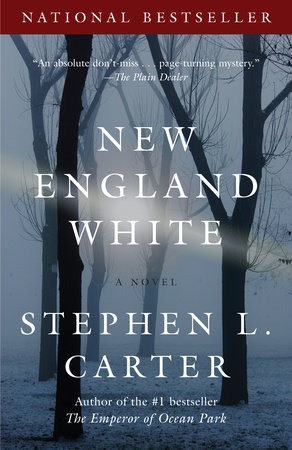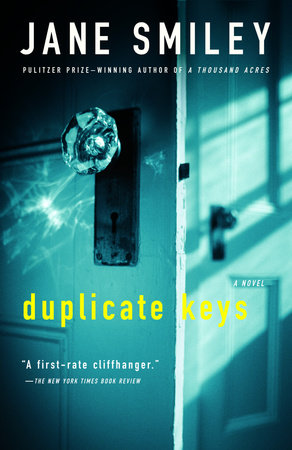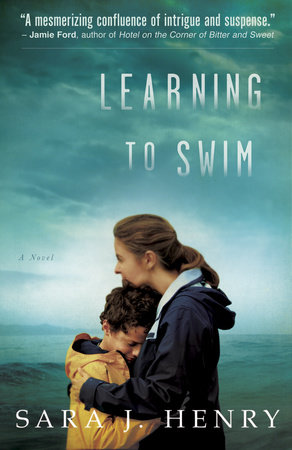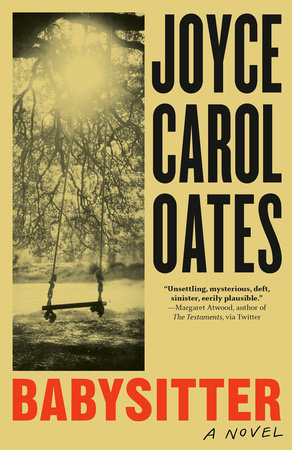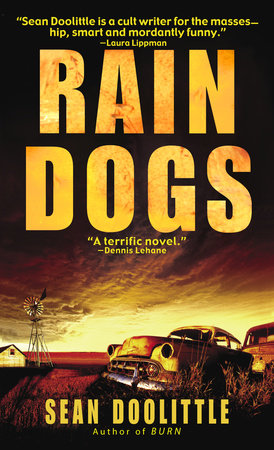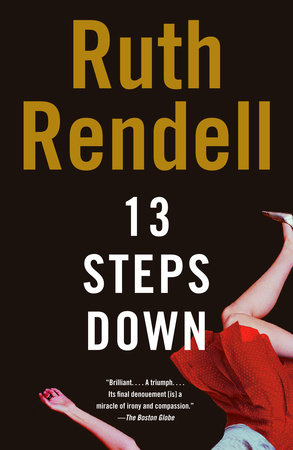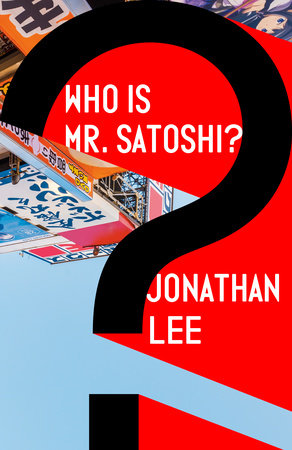Q: New England White is a very evocative title–conjuring images of a cold snowy landscape, but also of the racial make-up of the town where Julia and Lemaster Carlyle live under the glare of their white neighbors. Where did the title come from and what does it mean to you?A: I am glad that the title evokes the images you mention, because that is what it is intended to do. I was trying to convey a sense of how a family like the Carlyles might envision their enterprise, moving into a small New England town, and viewing it as a winter landscape as they wait for the thaw. I also intend the title to draw the reader into the chilly and somewhat scary landscape in which the thriller is set. Bare trees, cold winter sun, drifts of snow — you get the idea.Q: You once said, in reference to The Emperor of Ocean Park, that the characters came to you long before the story did. Is that also true of New England White?A: Julia and Lemaster Carlyle appeared in The Emperor of Ocean Park, and their four children are mentioned. A couple of other characters repeat from that book also — in particular, Kimmer Madison. But most of the characters were freshly invented for this story. The character who became Julia’s mother, "Mad" Mona, has been in my mind and my notes for a long time, as I searched for a tale in which she could play a role. Probably the story actually began with Mona, even though she has really only two scenes in the book. Having known many African American academics in my life, I began to ponder what their grown children might be like, especially children raised among elite whites rather than elite blacks. Many of the rest of the characters filled in from that beginning. I was particularly interested in figuring out how and where Mona’s daughter would raise her own children. I should say a word about my favorite character in the book, Trevor Land. He is obviously the brother of Stuart Land from Emperor. Every old university has a man like him, or used to: a shadowy presence behind the scenes, with no defined responsibilities, through whom any number of decisions are mysteriously funneled. I like characters of that kind. The unseen manipulators are more fun to write than, say, the conquering heroes.Q: Julia Carlyle is really the center of this novel. When/why did you decide to write a female character as your lead protagonist and was that challenging?A: The original plan did not demand that Julia’s point of view dominate, but the story simply grew in that direction. As she filled more and more "screen time," I cut down other characters more and more until I finally realized that this was Julia’s book. Certainly writing her point of view was a challenge for me, but it was in a sense the same challenge of all fiction: for the author to avoid telling the tale in his (or her) own voice.Q: New England White is in many ways a ghost story–with characters haunted by their pasts and the Carlyle’s daughter Vanessa believing that the ghost of a murdered young woman is speaking to her. What made you want to explore this idea of being haunted?A: We may not all see ghosts, but we are all haunted, aren’t we? Voices, faces, ideas, episodes from our past, both those we value and those we wish we could fix — that is what our memories are. I also found the image of an adolescent troubled by a history that is not hers and that she wishes she could change an appealing one. One thing I admire about Vanessa is her sense of justice.Q: Your portrait of a marriage–fraught with challenges, resentments, and daily negotiations–is very realistic. What makes you want to explore the complexities of family life, as you also did in Emperor?A: Love is complicated. Relationships are difficult. Marriage is nearly impossible, and nobody would ever do it, except that it is also impossibly sweet. As in The Emperor of Ocean Park, I try to present personal life as a struggle not an ideal. What our sense of the romantic gives us is guidance on what to struggle toward.Q: In both Emperor and your new novel it seems that the idea of legacy is very important to you. Is that an accurate assessment and if so why?A: I do believe in legacy. I believe in the past. I do not romanticize the past, or believe that what our forebearers thought binds us. I do believe that what they lived and died for should influence us. Of African Americans this is particularly true. We have been bequeathed a hard-won legacy of possibility, and we simply do not have the right to mess it up.Q: New England White is so densely populated and full of plot twists and clues to various murders and secrets. How do you go about beginning and writing your novels–do you work from an outline or do you, in a sense, follow the story where it takes you?A: I always work from an outline, but, like the plan of battle, it never survives its implementation.Q: The Los Angeles Times called Emperor "a rare look into the world of wealth and established black families," adding, "One is at a loss to name another book that has sought to convey, with such clarity, such depth of understanding or such cultural analysis, the uniqueness of this experience," and the New York Times wrote, "It’s not much of an exaggeration to think that in Stephen Carter the black upper class has found its Dreiser." Why do you think there have been so few novels that seek to describe and understand the issues of race and class that are unique to the experience and characters whose lives you chronicle? What is it about this world that appeals to you as a writer?A: I like writing this world for the same reason that others like reading it: the black upper class is a continuing fascination, and unlocking its secrets is rather fun. (Including the dangerous and chilling secrets I invent.) Even now, after the success of Emperor, the world of the black elite remains largely unexplored in fiction. Although there are notable and important exceptions, too many novels still seem to feature black "stock" characters, and even those meant to be positive — the judges and prosecutors, the generals and surgeons — are often defined by the authors according to the humbleness of their beginnings, and the obstacles they have overcome. This world is not of course the world of most black Americans, and I do not mean in any sense to suggest that the backgrounds of my major characters are typical. Yet the upper middle class is home to far more African Americans than most Americans, white or black, seem to think.AQ: A key to unlocking one of the murders in New England White lies in deciphering economic and mathematic clues. Where did you get this idea and what kind of research did it entail? Or among your many talents are you also an expert on economic theory?A: I suppose every law professor nowadays has at least an amateur’s interest in economic theory. But, actually, as I developed the character of Professor Kellen Zant, whose murder roils my unnamed college campus, the clues set in economic jargon simply began to suggest themselves.Q: The world of Ivy League academia is fraught with murder and mayhem not to mention lust, jealously and secrets. So…is this what life is like at Yale? Seriously, though, what do your colleagues make of your fictional campus?A: My colleagues are remarkably forgiving of human frailty, and I suppose my novels are just another foible. Seriously, Yale is full of people who have done remarkable things — argued great cases, negotiated settlements of civil wars, found shelter for suffering people — and it is not likely that they are too terribly impressed by my authorship of a couple of novels. Nor should they be.Q: The Emperor of Ocean Park was your first foray into fiction and went on to become a #1 nationwide bestseller. What was it like for you to suddenly be a bestselling novelist and did that make it easier or harder to embark on your second novel?A: Writing the second novel was a challenge for me, and I changed topics several times — an absolute no-no among serious writers. I am glad to have it finished, and I hope the fans of the first one will find it as thrilling.Q: What is next for you? Will we be seeing more of Julia Carlyle?A: My next novel, which begins in Harlem of the 1950s and ends in Washington, DC, of the 1970s, includes, among other characters, Mona Veazie, Julia’s mother. The reader will also get to see what some of the main characters in The Emperor of Ocean Park (including Oliver Garland) were like when they were younger, and, in one scene, will meet Misha Garland (the narrator of Emperor) as a young boy. That novel, too, will be mysterious, and, I hope, thrilling, following an unsolved murder across two decades, and taking the reader through the tumultuous events of the Sixties.
